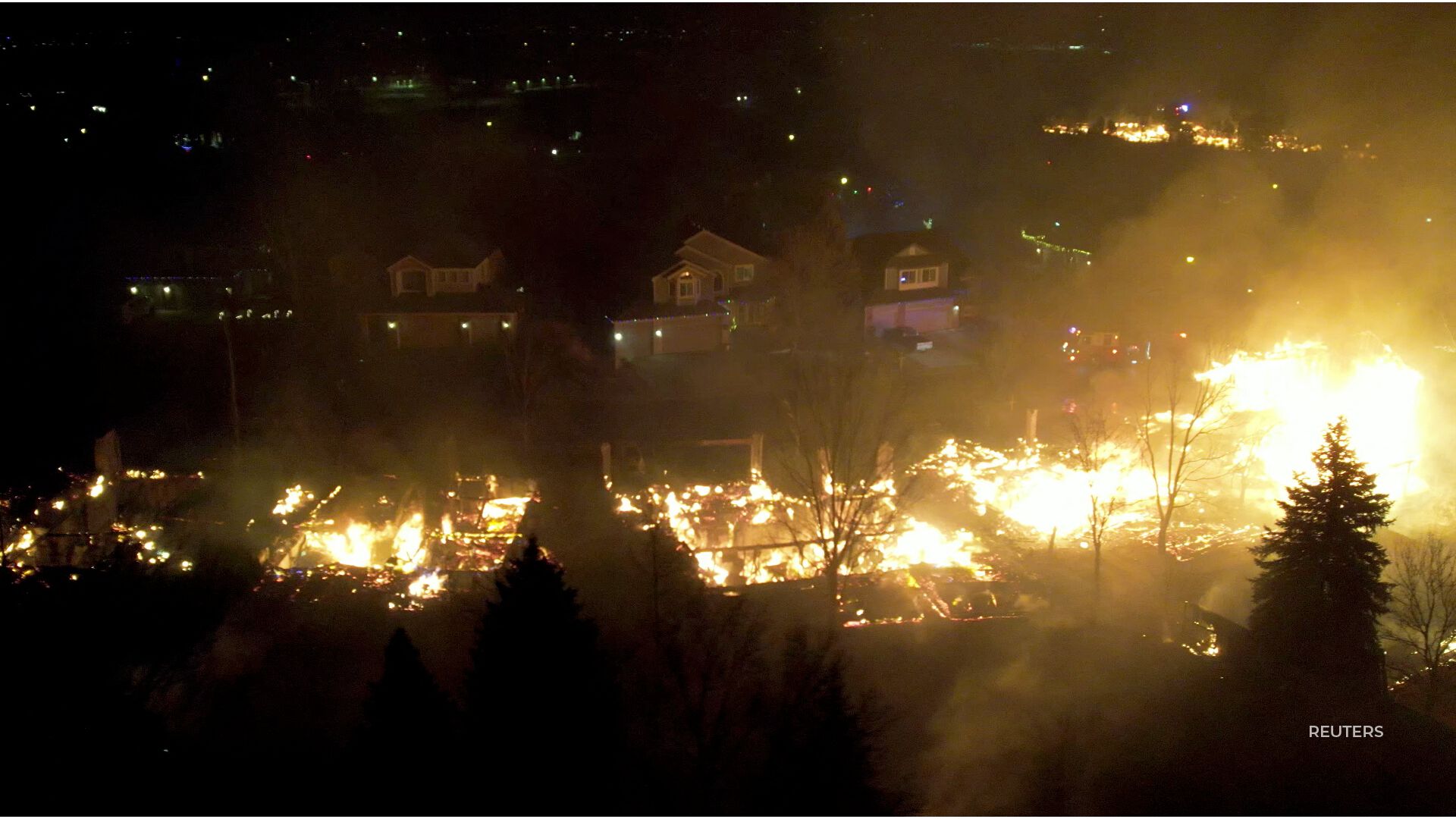
Gwen Baumgardner: WE SAW SCENES LIKE THIS IN 20-21.
NOW — THE BIDEN ADMINISTRATION IS LOOKING TO PREVENT THIS FROM HAPPENING AGAIN IN 20-22.
ON TUESDAY — AGRICULTURE SECRETARY TOM VILSACK ANNOUNCED A 50-BILLION-DOLLAR PLAN TO ADRESS WORSENING WILDFIRE SEASONS.
THE PLAN INVOLVES MORE THAN DOUBLING THE USE OF CONTROLLED FIRES AND LOGGING… TO GET RID OF TREES AND OTHER VEGETATION THAT SERVE AS TINDER.
THE ADMINISTRATION WOULD FOCUS ON SO CALLED “HOTSPOTS” — DENSELY POPULATED AREAS WHERE FIRES HAVE WIPED OUT NEIGHBORHOODS — OR EVEN ENTIRE COMMUNITIES.
WHILE IT’S UNCLEAR WHO WILL FOOT THAT 50-BILLION DOLLAR BILL — WE KNOW 3-POINT-2 BILLION WILL BE COVERED BY LAST YEAR’S INFRASTRUCTURE BILL.









